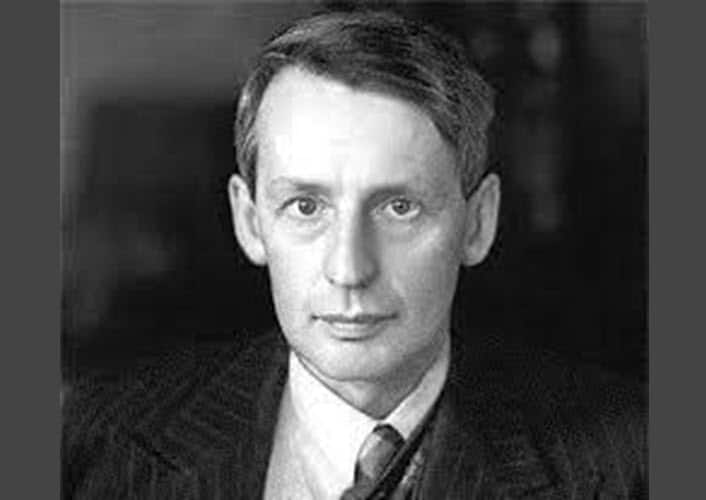George Paget Thomson: Probing the Mysteries of Quantum Mechanics

George Paget Thomson (3 May 1892 – 10 September 1975) was a British physicist who made significant contributions to the field of quantum mechanics, particularly in the study of electron diffraction.
Life and Career
He was born on 3 May 1892 in Cambridge, United Kingdom. His father, J.J. Thomson, was a prominent physicist who won the Nobel Prize in Physics in 1906. He attended Trinity College, Cambridge, where he earned a degree in mathematics in 1914.
After completing his studies, Thomson served in the Royal Engineers during World War I. Following the war, he returned to Cambridge and began working on his Ph.D. under the supervision of Ernest Rutherford. In 1927, Thomson and his colleague Clinton Davisson independently discovered the phenomenon of electron diffraction, which provided the first experimental evidence for the wave-particle duality of matter.
His work on electron diffraction led to a greater understanding of the behavior of subatomic particles and helped lay the foundation for the development of quantum mechanics. In 1937, he was awarded the Nobel Prize in Physics for his work on electron diffraction.
During World War II, he worked on radar technology and played a key role in the development of the cavity magnetron, a high-powered microwave generator that was crucial to the development of radar. After the war, he continued his research at Imperial College London, where he served as a professor of physics from 1945 until his retirement in 1962.
He died on 10 September 1975, in Cambridge, United Kingdom.
Award and Legacy
He was awarded the Nobel Prize in Physics for his work on electron diffraction, which provided the first experimental evidence for the wave-particle duality of matter.
He received numerous other honors and awards throughout his career. He was elected a Fellow of the Royal Society in 1930 and was knighted in 1943. He also received the Faraday Medal from the Institute of Electrical Engineers in 1946 and the Royal Medal from the Royal Society in 1949.
His contributions to the field of quantum mechanics and his work on radar technology had a significant impact on science and technology in the 20th century. Thomson’s legacy continues to be celebrated by the scientific community, and he is remembered as one of the most influential physicists of his time.
Observer Voice is the one stop site for National, International news, Sports, Editor’s Choice, Art/culture contents, Quotes and much more. We also cover historical contents. Historical contents includes World History, Indian History, and what happened today. The website also covers Entertainment across the India and World.
Follow Us on Twitter, Instagram, Facebook, & LinkedIn

